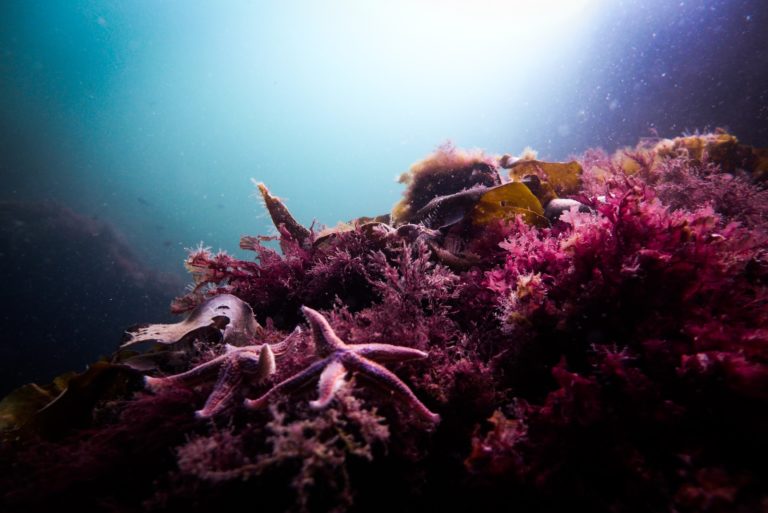Rhodes University is determined to play a key role in safeguarding the ocean and its life and is involved in a £20-million international research project that aims to carry out research on how the needs of humans can be balanced with those of the ocean.
One particular focus in this is on fishing, which is becoming an increasing problem for the environment yet is also the livelihood of many people in developing countries. Other focuses of the research will include rising sea levels and the immense problem of plastic pollution in our oceans.
‘Millions of people all over the world are entirely reliant upon the ocean for food, jobs and transport yet over-exploitation, competing uses, pollution and climate change are pushing ocean ecosystems towards a tipping point,’ said International Programme leader, Professor Elisa Morgera.
The Global Challenge Research Fund project, led by the University of Strathclyde, Scotland, links 50 world-leading research partners. The project spans across varying university disciplines, connecting the social, natural and legislation research facilities. The collaboration between these groups may provide the answers for how humans and ocean life can exist harmoniously.
The initial five years of the programme hopes to see the connecting of communities in South Africa, Namibia, Ghana, Fiji and the Solomon Islands to create a social and educational research hub in which knowledge can be shared at regional and national levels.
‘Over time, we envisage many other departments and scholars getting involved as the programme expands,’ said senior researcher Dr Dylan McGarry.

Photo by Linus Nylund
Global Challenge Research Fund partnership for Rhodes Universityhttps://t.co/TDL0JOFfCj pic.twitter.com/L4NaxlmOkQ
— Rhodes University (@Rhodes_Uni) January 28, 2019
Facts on the ocean crisis
– It is estimated that every year, eight-million tonnes of plastic enters the ocean.
– At present, our seas have 150-million tonnes of marine pollution.
– A four year study conducted by scientists predicts that if we continue at the current rate of consumption, all seafood will run out by 2050.
– Overfishing is the depletion of a stock of fish by excessive fishing, to the point the fish cannot replenish
– Global sea levels are already rising, and we have seen the 3.4 millimetres per year recently. In the 20th century, the average was 1.4mm per year.

















